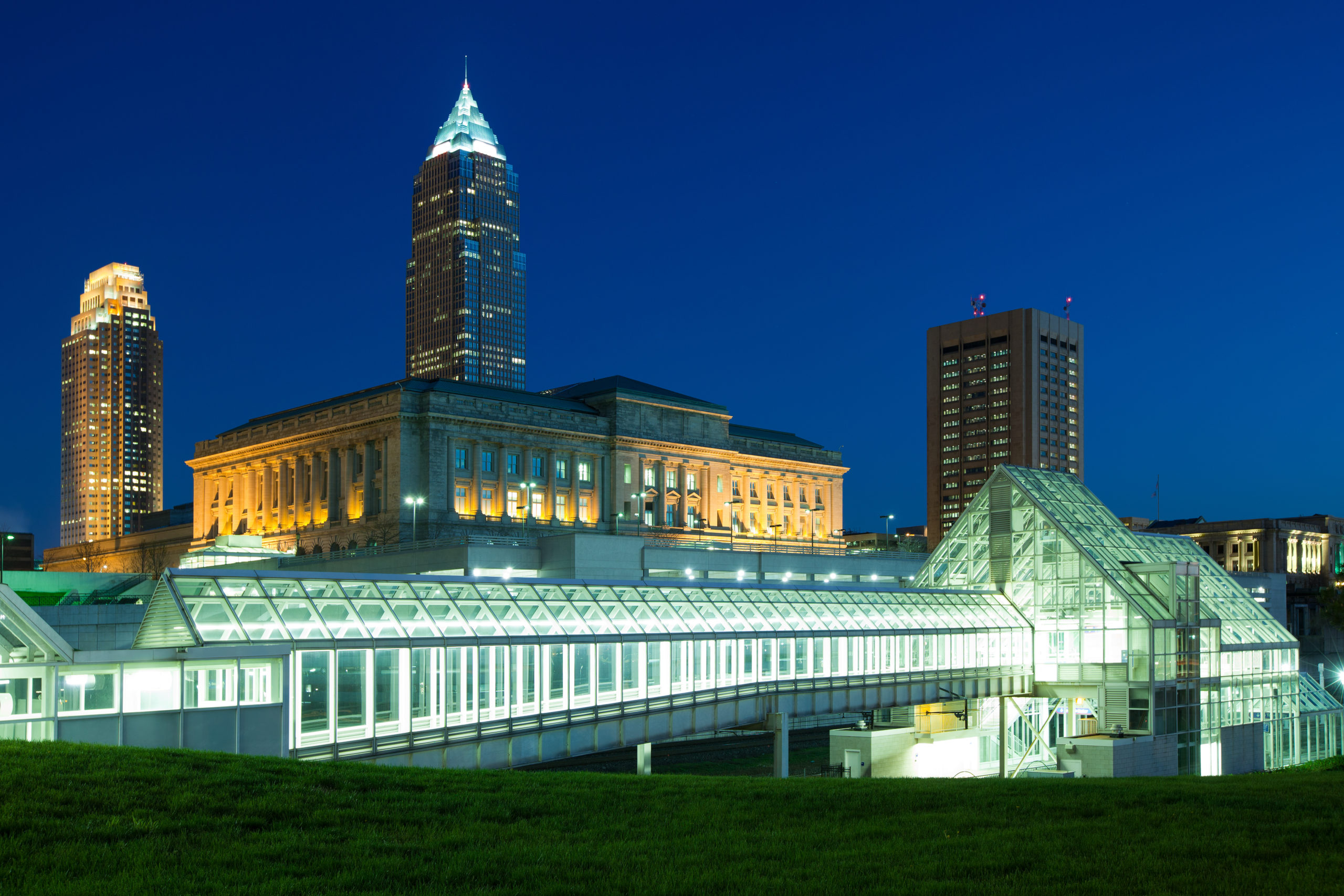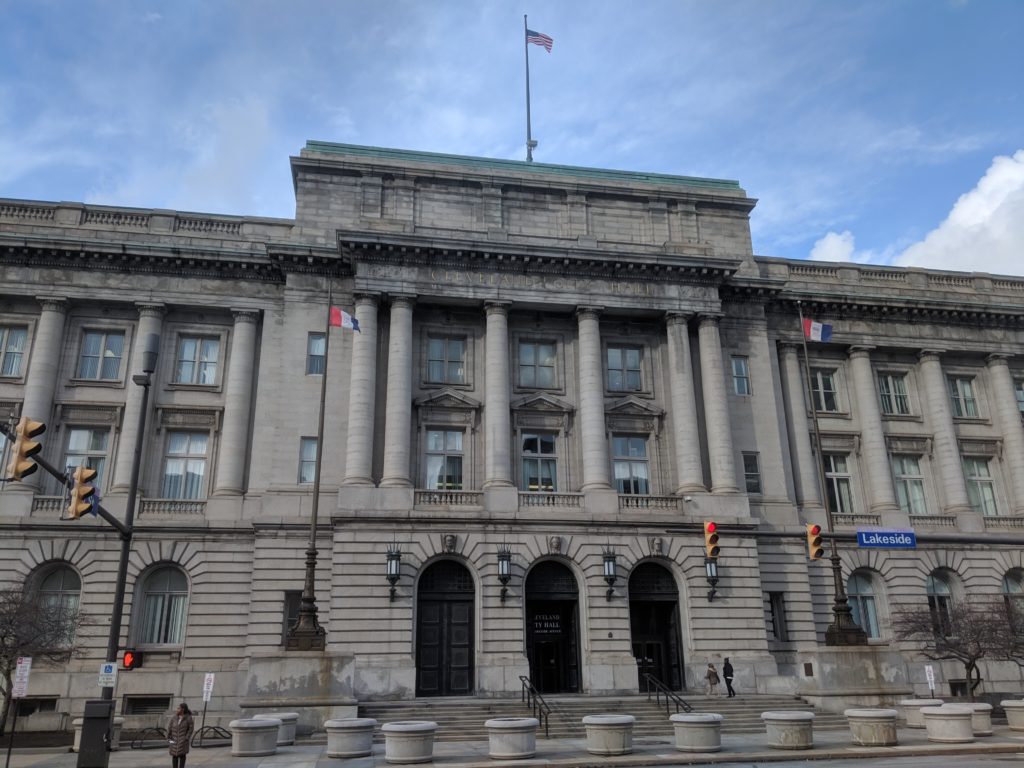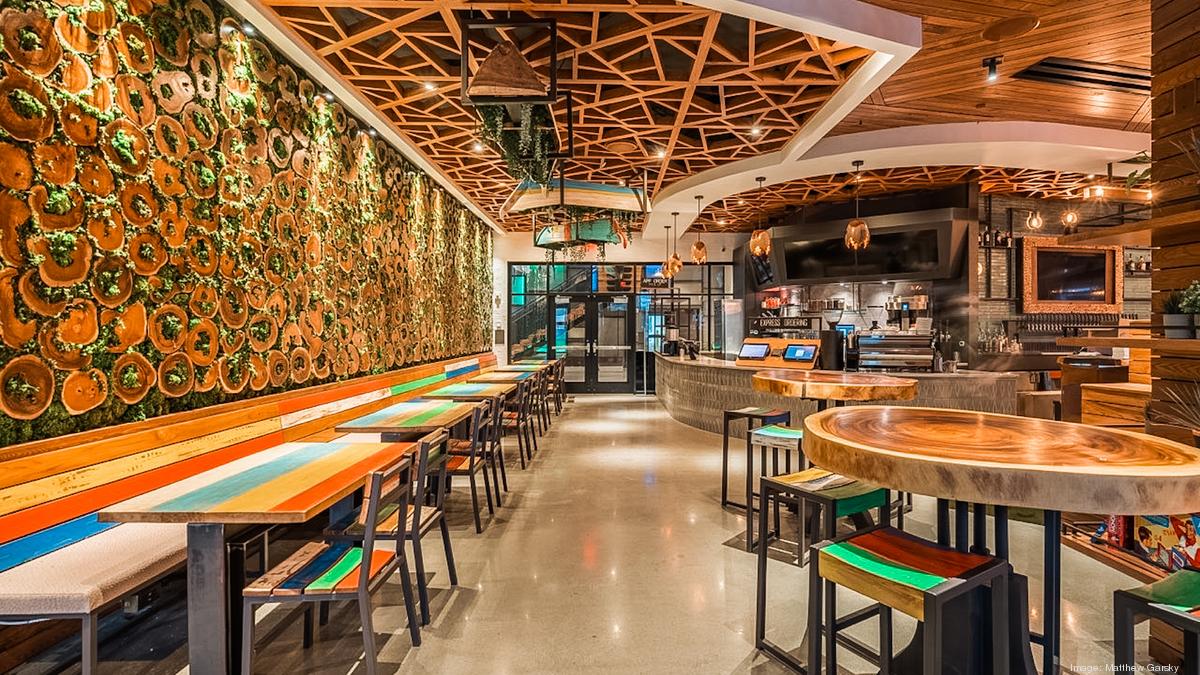History of Cleveland Town Halls

Cleveland’s town hall tradition is a testament to the city’s commitment to civic engagement and democratic values. From the early days of the city’s founding, town halls have served as a vital platform for residents to voice their concerns, share ideas, and influence local decisions.
Evolution of Town Hall Formats
The format and purpose of town halls in Cleveland have evolved over time, reflecting the changing needs and priorities of the city. Early town halls were often informal gatherings held in public spaces like churches or community centers. These meetings focused on issues of immediate concern to residents, such as infrastructure improvements, public safety, or local ordinances.
- Early 1900s: The rise of organized civic groups and neighborhood associations led to the formalization of town hall meetings. These gatherings were often organized around specific topics, such as education, health, or economic development. The format typically involved presentations by experts or government officials followed by a question-and-answer session with the audience.
- Mid-20th Century: The advent of television and radio broadcasting allowed town halls to reach a wider audience. Television broadcasts of town hall meetings became a regular feature of local news programming, providing a platform for elected officials to engage with the public on important issues. This era also saw the emergence of televised debates and forums, further enhancing the role of town halls in political discourse.
- Late 20th and 21st Century: The internet and social media have transformed the landscape of town halls. Online platforms have made it easier for residents to participate in town halls remotely, regardless of their location. The use of live streaming, online polls, and social media engagement has further democratized the town hall format, making it more accessible and interactive.
Notable Figures and Events
Cleveland’s history of town halls is intertwined with the contributions of notable figures and events that have shaped the city’s civic landscape.
- Mayor Tom Johnson: A progressive reformer who served as mayor of Cleveland from 1901 to 1909, Johnson was a strong advocate for civic engagement and transparency. He frequently held town hall meetings to gather feedback from residents on important issues and to explain his policies. His efforts helped to establish a tradition of public accountability and citizen participation in Cleveland politics.
- The 1960s Civil Rights Movement: Town halls played a crucial role in mobilizing the community during the civil rights movement. Churches, community centers, and schools became venues for residents to discuss issues of racial inequality and to organize protests and demonstrations. The legacy of this era continues to inspire civic engagement and social justice activism in Cleveland.
- The 1978 Cleveland Mayoral Election: The 1978 mayoral election was a watershed moment in Cleveland’s political history, marked by a highly contested race between incumbent Mayor Dennis Kucinich and challenger George Voinovich. The election campaign was characterized by a series of televised debates and town hall meetings, which provided a platform for the candidates to present their views on key issues and to engage with the public. The election’s outcome had a profound impact on the city’s political landscape, and it underscored the importance of town halls in shaping public opinion and influencing electoral outcomes.
Current Town Hall Events and Initiatives: Town Hall Cleveland

Cleveland Town Halls offer a platform for community engagement and discussion on critical issues impacting the city. These events are organized by various stakeholders, including government agencies, community organizations, and advocacy groups. They provide a space for residents to voice their concerns, share ideas, and contribute to shaping the future of Cleveland.
Upcoming Town Hall Events
The city of Cleveland hosts numerous town hall events throughout the year, focusing on diverse topics relevant to the community.
- Cleveland Public Schools Budget Town Hall: This event will focus on the proposed budget for the Cleveland Metropolitan School District, inviting community members to provide feedback and engage in discussions about resource allocation and educational priorities. The event will be hosted by the Cleveland Metropolitan School District Board of Education, and attendees will include parents, teachers, students, and community leaders.
- Affordable Housing Town Hall: This town hall will address the challenges of affordable housing in Cleveland, focusing on initiatives and strategies to increase the availability of affordable housing options for residents. The event will be organized by the Cleveland Housing Network, with participation from city officials, developers, and housing advocates.
- Public Safety Town Hall: This event will bring together community members, law enforcement officials, and city leaders to discuss strategies to improve public safety and address concerns about crime in Cleveland. The event will be hosted by the Cleveland Police Department, with participation from residents, community organizations, and local elected officials.
Key Initiatives
In addition to hosting town hall events, the city of Cleveland is implementing several initiatives to address community concerns and improve the quality of life for residents.
- Cleveland Neighborhood Progress: This initiative focuses on revitalizing neighborhoods by investing in infrastructure, supporting local businesses, and promoting community development projects. The program involves partnerships between the city government, community organizations, and private sector investors.
- Cleveland Connects: This initiative aims to improve transportation options in Cleveland by investing in public transit, bike infrastructure, and pedestrian-friendly streets. The program is designed to enhance connectivity within the city, making it easier for residents to access jobs, education, and essential services.
- Cleveland Forward: This initiative focuses on economic development and job creation in Cleveland, supporting entrepreneurship, attracting new businesses, and investing in workforce training programs. The program involves partnerships between the city government, local businesses, and educational institutions.
Impact of Town Halls on Cleveland Communities

Cleveland Town Halls have served as vital platforms for fostering community engagement and influencing local decision-making. These gatherings provide residents with a direct channel to voice their concerns, share their ideas, and engage in dialogue with elected officials and community leaders. The impact of town halls on Cleveland communities is multifaceted, extending beyond mere information dissemination to encompass a broader spectrum of community empowerment and development.
Fostering Community Engagement
Town halls play a crucial role in fostering community engagement by providing a platform for residents to connect with each other and with local leaders. They create a sense of shared purpose and responsibility among community members, promoting a more inclusive and collaborative decision-making process.
- Increased civic participation: Town halls encourage residents to actively participate in local governance by providing a forum for expressing their views and concerns. This increased participation fosters a sense of ownership and responsibility among residents, leading to greater community involvement in decision-making processes.
- Building social connections: Town halls serve as gathering spaces for residents from diverse backgrounds, fostering social connections and building relationships within the community. These connections can lead to the formation of community groups and organizations, further strengthening the social fabric of the city.
- Promoting transparency and accountability: Town halls provide a platform for elected officials to be transparent about their actions and decisions. This transparency helps build trust between residents and their elected representatives, fostering a more accountable and responsive government.
Influence on Local Decision-Making
Town halls have a direct impact on local decision-making by providing elected officials with valuable insights into the concerns and priorities of their constituents. The feedback gathered from town halls can influence policy development, resource allocation, and the overall direction of local governance.
- Informing policy decisions: Town halls provide a direct channel for residents to express their views on various issues, such as infrastructure development, public safety, and education. This feedback can inform policy decisions, ensuring that local policies are aligned with the needs and priorities of the community.
- Prioritizing resource allocation: Town halls can help prioritize resource allocation by highlighting the most pressing concerns of the community. By understanding the needs of their constituents, elected officials can allocate resources more effectively, ensuring that they are addressing the most critical issues.
- Shaping the direction of local governance: Town halls provide a platform for residents to engage in dialogue with elected officials and share their vision for the future of their community. This input can help shape the direction of local governance, ensuring that it aligns with the aspirations of the community.
Addressing Community Concerns, Town hall cleveland
Town halls have proven to be effective platforms for addressing community concerns by providing a forum for open dialogue and collaboration. They enable residents to raise their concerns, share their experiences, and work together with local leaders to find solutions.
- Public safety concerns: Town halls have been used to address public safety concerns, such as crime rates and neighborhood security. Residents can share their experiences, voice their concerns, and work with law enforcement and community leaders to develop solutions.
- Infrastructure issues: Town halls have been instrumental in addressing infrastructure issues, such as road repairs, public transportation, and access to essential services. Residents can raise their concerns about these issues and work with local officials to find solutions.
- Environmental concerns: Town halls have been used to address environmental concerns, such as pollution, waste management, and green space preservation. Residents can share their concerns, advocate for sustainable practices, and work with local officials to implement environmentally friendly policies.
Town Hall Cleveland is a vibrant hub of activity, attracting locals and visitors alike. For those seeking a culinary experience to complement their visit, a short stroll away lies the renowned Bobby George Restaurants , offering a diverse range of cuisines to tantalize taste buds.
After indulging in a delightful meal, a return to Town Hall Cleveland promises a continuation of its lively atmosphere, making it an ideal destination for a fulfilling day out.
Town Hall Cleveland, a grand venue with a rich history, stands as a testament to the city’s vibrant cultural scene. Just a stone’s throw away, nestled in the heart of downtown, lies the Barley House Cleveland , a beloved establishment known for its lively atmosphere and craft brews.
After an evening of entertainment at Town Hall, a visit to Barley House is a perfect way to cap off a night out in Cleveland.
